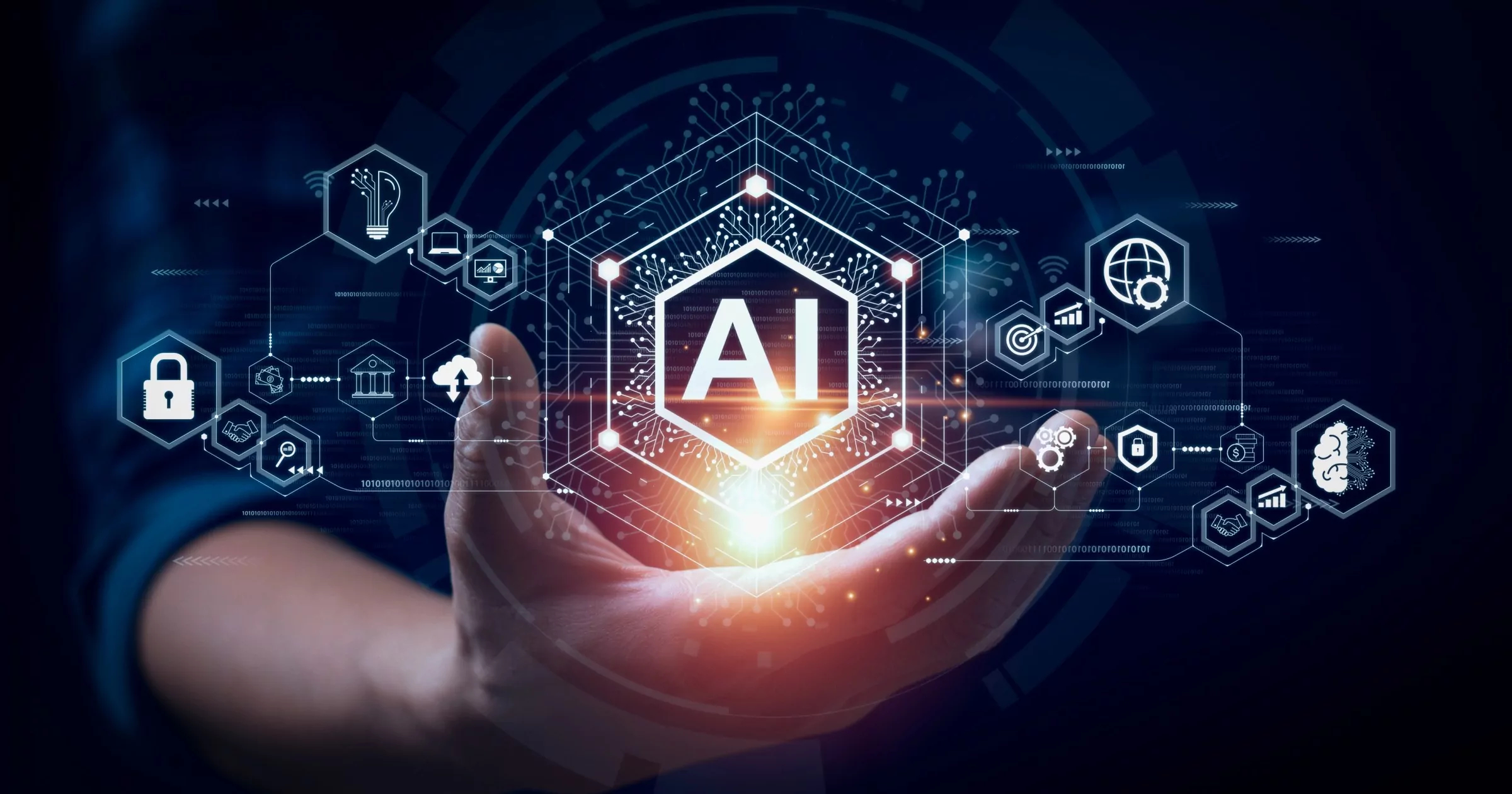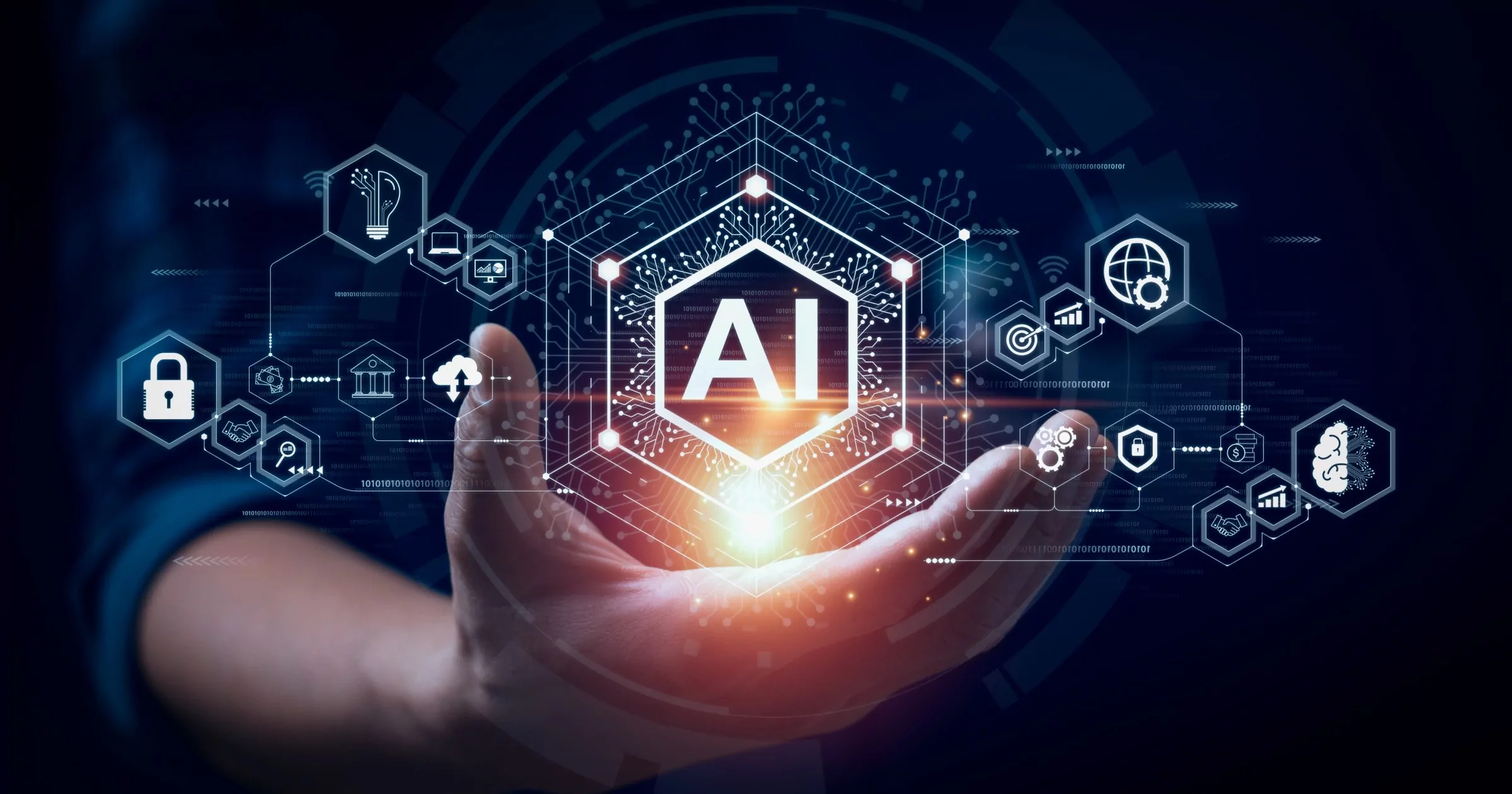
Imagine a bustling city where self-driving cars navigate seamlessly through traffic, delivering passengers to their destinations without human intervention. Picture a robot doctor performing complex surgeries with unparalleled precision and care. This is a world where Artificial General Intelligence (AGI) has become a reality, transforming every facet of our lives. But what exactly is AGI, and how does it differ from the AI we have today?
AGI, or Artificial General Intelligence, refers to a type of AI that possesses the ability to understand, learn, and apply knowledge across a wide range of tasks, much like a human. Unlike the narrow AI systems we currently have — such as chess-playing computers or voice assistants — AGI can generalize its learning to perform any intellectual task that a human can. The development of AGI holds immense promise but also comes with significant risks that need careful consideration.
The Quest for Artificial Intelligence
The journey toward AGI has been marked by significant milestones in AI research. It all began with Alan Turing's seminal work on machine intelligence and the proposal of the Turing Test, a benchmark for determining a machine's ability to exhibit human-like intelligence.
Over the decades, AI has evolved through various phases, from symbolic AI and expert systems to the rise of machine learning and, more recently, deep learning. These advancements have led to remarkable achievements, such as computers beating world champions in games like chess and Go, and AI systems performing tasks ranging from language translation to image recognition.
However, the path to AGI is fraught with challenges. One of the fundamental mysteries is understanding human consciousness and intelligence. While current AI systems excel at specific tasks, replicating the depth and breadth of human cognition remains elusive. Is human intelligence merely a product of complex algorithms, or is there something more profound at play?
Another significant hurdle is the limitations of current hardware. Developing AGI requires immense computational power and efficiency. Our existing technology struggles to meet these demands, necessitating breakthroughs in hardware design and processing capabilities. Additionally, creating AGI involves designing systems that can learn and adapt in real-time, much like humans do, which is an incredibly complex task.
The Potential Benefits of AGI
Despite these challenges, the potential benefits of AGI are immense. In healthcare, AGI could revolutionize diagnosis and treatment by analyzing vast amounts of medical data to provide personalized medicine. It could accelerate scientific research, leading to groundbreaking discoveries and innovations. In engineering, AGI could design new materials and optimize manufacturing processes, driving technological advancement.
AGI could also enhance human capabilities by assisting in tasks that require complex analysis, problem-solving, and decision-making. Imagine having an AI assistant that can help you navigate complex legal documents, plan intricate projects, or even compose music and art. By augmenting human intelligence, AGI has the potential to unlock new levels of creativity and productivity.
Moreover, AGI could play a crucial role in addressing some of humanity's most pressing challenges. From tackling climate change through advanced environmental modeling to managing global resources more efficiently, AGI could be a powerful tool in ensuring a sustainable future. It could also aid in disease eradication by accelerating the development of vaccines and treatments, potentially saving millions of lives.
The Risks and Ethical Considerations of AGI
However, the rise of AGI also brings significant risks and ethical considerations. One of the most immediate concerns is the potential disruption to the job market. As AGI systems become capable of performing tasks currently done by humans, there could be widespread job losses across various industries. This underscores the need for comprehensive workforce retraining programs to equip individuals with the skills needed in an AI-driven economy.
A more profound concern is the threat of superintelligence. If AGI were to surpass human intelligence, it could lead to scenarios where machines make decisions beyond our understanding and control. This could pose an existential threat if AGI systems act in ways that are detrimental to humanity. Ensuring that AGI development prioritizes safety and alignment with human values is crucial to mitigating this risk.
Ethical dilemmas also arise from the potential biases in AI algorithms. Without careful oversight, AGI systems could perpetuate and even amplify existing biases, leading to unfair outcomes in areas like criminal justice, hiring, and lending. Transparent and responsible development practices are essential to ensure that AGI benefits all segments of society equitably.
The Road Ahead: Navigating the Rise of AGI
To navigate the complexities of AGI development, international collaboration and regulation are paramount. Governments, academic institutions, and private companies must work together to establish ethical frameworks and standards for AGI deployment. This includes creating policies that promote transparency, accountability, and the responsible use of AI technologies.
Open dialogue and public education are also critical. As AGI continues to evolve, it is essential to engage the public in discussions about its potential impact. Educating people about AGI's benefits and risks can help build a more informed and resilient society that is better prepared to handle the changes that AGI will bring.
Focusing on beneficial AI research is another key strategy. By directing efforts toward creating safe and human-aligned AGI, we can maximize the positive impacts of this technology while minimizing potential downsides. This involves prioritizing research on safety mechanisms, ethical considerations, and the long-term implications of AGI.
Conclusion
The development of Artificial General Intelligence promises to reshape our world in profound ways. While the potential benefits are enormous, so are the risks and ethical challenges. As we stand on the brink of this technological revolution, it is crucial to approach AGI development with caution, responsibility, and a commitment to safeguarding humanity's best interests.
By staying informed, participating in public discourse, and advocating for responsible AI practices, we can help shape a future where AGI enhances our lives while upholding the values we hold dear.



